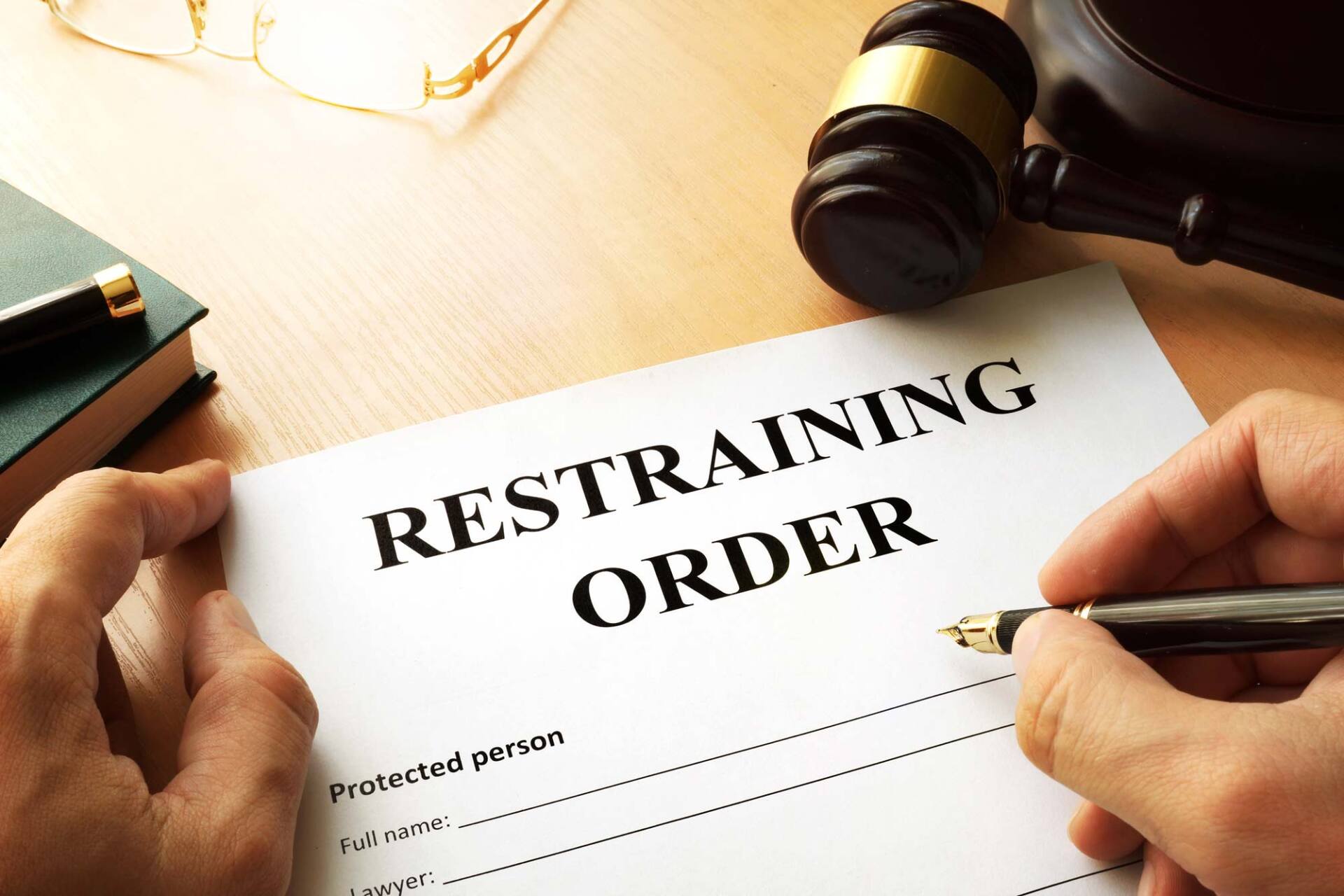What happens when you receive a restraining order in Colorado?

Any victim of domestic violence or anyone in fear of personal harm may ask the county court for a protection order, also known as a restraining order. A protection order may be issued against any adult or juvenile who is ten years of age or older.
In most cases, a temporary protection order can be received the same day it is filed. The defendant may be asked to leave their home, give up custody of their children temporarily, and be required to stay a certain distance from home, work, children or specific public places. A temporary protection order typically lasts around fourteen days or until the scheduled permanent protection order hearing takes place.
The defendant will be served a temporary restraining order (TRO) and required to appear in court. The court will hear testimony, witnesses and review evidence to decide if the TRO should be extended or become a permanent restraining order.
What should I do if I am served a temporary restraining order?
Follow the Rules – This period of time (approx. two weeks) is crucial to building a solid defense for your case. If you receive a TRO, remove yourself from the situation, follow all court-ordered requirements and seek legal support to help build your case. This is especially important if there are child custody issues and possible domestic violence charges in process. Any violation of a temporary restraining order will result in immediate arrest. Even the first violation of an order of protection can be charged as a misdemeanor offense and is punishable by up to one year in jail. New contempt of court charges may be filed and the chances of the TRO becoming permanent will greatly increase. Once a restraining order becomes permanent, it usually cannot be modified for two years.
Don’t be tricked – Often times the alleged victim will encourage the defendant to break the restraining order requirements. They may do this maliciously or innocently and it may seem harmless at the time. Stopping by to visit children, not paying agreed upon bills, picking up items from the home outside of the court ordered arrangements or responding to texts from the alleged victim can all cause violations of your TRO and ultimately cost you your freedom. It does not matter to the courts who initiated the contact, only that the protection order was violated.
Prepare for trial –The courts are likely going to be presented with evidence against you that attempts to show a pattern of unsafe behavior. Threats, assaults, batteries, intimidation and illegal activities are all laid out to create a story about your character. To fight these accusations, you will need to gather evidence of your own. This might include: witnesses of your character, witnesses to a specific incident, alibies that may clear your association with an incident and other tangible evidence such as phone records, transcripts, police reports etc. This is a good time to call upstanding citizens that are part of your life and ask them consider making an appearance on your behalf or writing a letter of recommendation regarding your personal character.
Once a restraining order becomes permanent it is very difficult to terminate. Restraining orders do appear in background checks, impact the ability to own firearms, negatively impact credit records and can create a lot of barriers to employment and future endeavors. It is important to consult with a criminal defense attorney who is experienced in Colorado domestic violence cases and can help you create a strong defense in order to reduce your charges and eliminate some of the long-term consequences you may face.
For additional information about Colorado Law, temporary restraining orders, emergency restraining orders and criminal defense consulting, contact LaCroix and Hand P.C. The experienced
criminal defense attorneys at LaCroix and Hand P.C. will help you determine the best course of action, look for opportunities to avoid trial when appropriate and create strong defense for your case.










